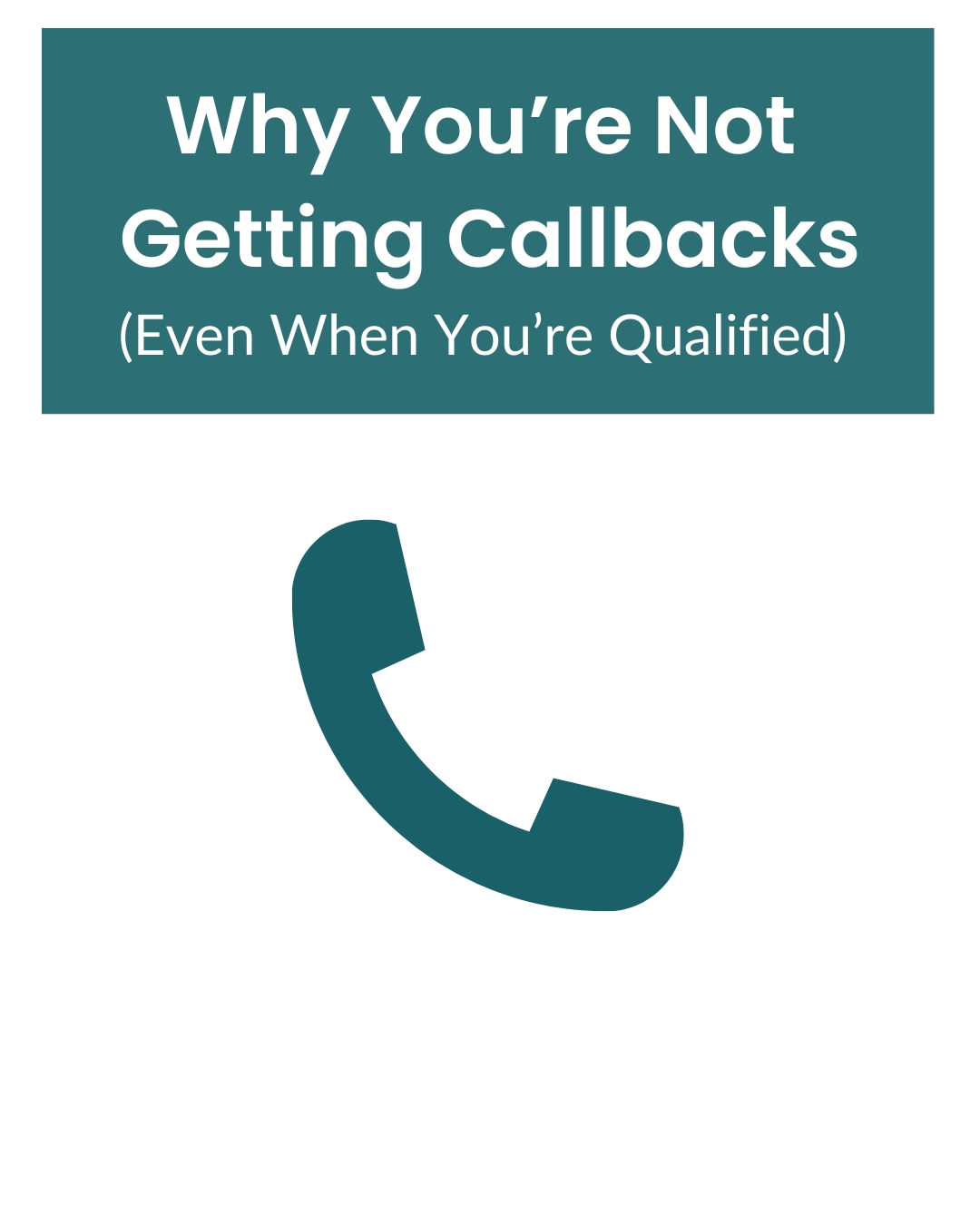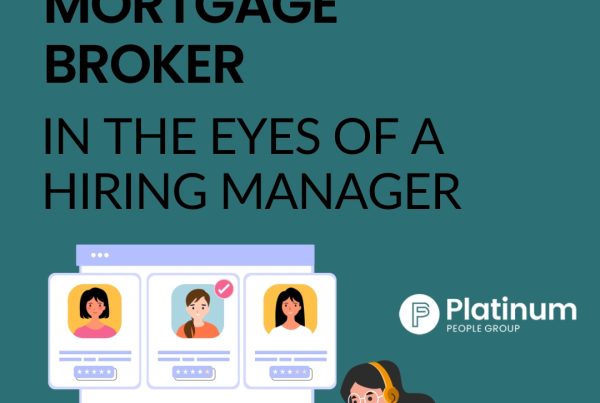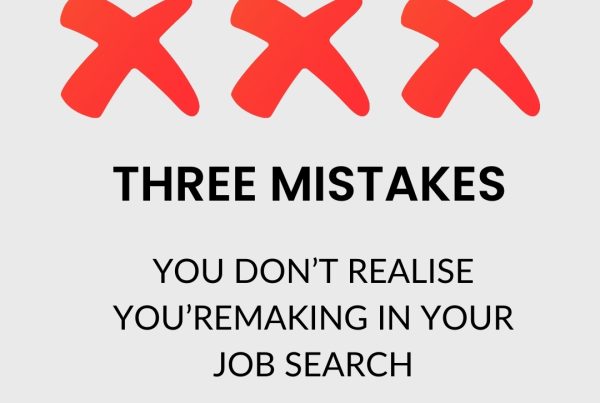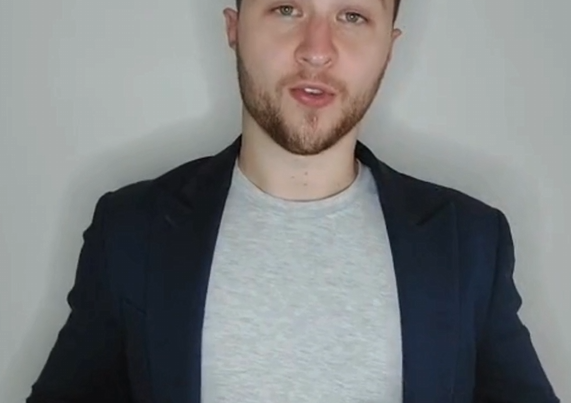Why You’re Not Getting Callbacks (Even When You’re Qualified)
It’s one of the most frustrating parts of the job search: you tick every box in the job description, hit submit, and then… silence.
Here are a few common reasons I see this happen with great candidates:
⛔Your resume sounds like everyone else’s.
If your CV only lists responsibilities, it blends in.
Hiring managers want to see impact. Show numbers—loan volumes settled, client splits (PAYG vs self-employed), deal types, or structures you’ve worked with.
Numbers cut through the noise.
❌Your resume and experience don’t look consistent.
Many employers are looking for a steady track record of tenure. If you’ve had multiple roles lasting only 3–6 months, it raises questions.
And while short stints are understandable—sometimes it’s redundancy, a difficult culture, a relocation, or wanting progression that wasn’t available—it’s important to explain it upfront.
Even a short line in your resume can make a difference. It shows transparency and helps reassure hiring managers.
As a rule of thumb, aim for at least 2–3 years in a role if you can—it highlights the impact and value you’ve created.
⛔You applied and waited.
Applications often get lost in the pile.
Following up is where the magic happens—but only if you do it well.
A personalized message referencing the role, the company, or even the hiring manager’s achievements shows you’ve done your homework.
⛔You didn’t tailor your application.
Sending out the same generic resume and cover letter won’t cut it.
Employers want to see a clear connection between your experience and their role.
Even small tweaks—reordering bullet points to highlight relevant experience, mirroring key skills from the job ad, or customising your summary—signal that you’ve taken the time to understand what they’re looking for.
❌ You’re not speaking to recruiters.
This is a big one.
Recruiters often have direct relationships with hiring managers and know exactly what they’re looking for.
We go through a fact-finding process with you to understand your skills and goals, then present you in the best possible way.
That means instead of chasing job ads on your own, you can leverage us as your representatives and advocates—sometimes even with multiple opportunities on the table.
It’s a way to get your foot in the door faster, with someone backing you.
The reality is—being qualified is only half the equation.
How you communicate your value, tailor your applications, manage your career story, and leverage recruiters can often make the difference between a callback and a rejection.






